- Learning time
- 20 minutes
- First play time
- 40 minutes
Lucha Wars
Designed by: David Brashaw,Leonard Boyd
Lucha Wars (previously published as Luchador) is inspired by the unique visual aesthetic and fighting style of Mexican wrestling. Up to 8 players battle it out, and the last one standing wins. Or you can play as teams.
Everyone chooses a wrestler and places their standee in the ring. With your wrestler you get five Grapple Dice plus another die specific to that wrestler. At the same time, everybody rolls all their dice into the ring, hoping to roll hits – the fist side of the dice. Any that fall out are discounted for this round, and any dodge results (the arrows) can be rerolled, with misses (the blank sides) ignored. The critical thing here is when you re-roll, you can target other wrestler’s dice and knock them out of the ring. Any dodges from re-rolls are ignored and then the player/s who has the most hits inflict damage on the player/s with the least, according to the difference between them: if you’ve rolled five hits and I a meagre one, I’ll take four damage, tracked with a marker on my wrestler board. And the player/s who do the most damage get to push a second marker up on their special attack track.
The special attack track is a way to mix things up from the back-and-to of dice-chucking and throw in some variations: when your marker reaches certain points on the track, you can opt to move it back to zero and make a special move: rolling your wrestler’s special attack die for big damage, rolling the green combo die as many times as you dare for cumulative damage – but if you roll a blank you bust and inflict none at all – or even try to pin your opponent for a win.
Pinning can only be attempted when wrestlers are weak (ie their health drops to a certain point after receiving damage) but can be a route to victory – for both sides! The wrestler resisting the pin rolls four of their Grapple dice up to three times, and needs three miss or dodge results to survive. But if they roll three matching results on their first roll, the attacker is reverse-pinned and now needs to escape themselves!
This madness continues until the last wrestler is standing, who is declared winner. You can also mix in the use of Weapons with the basic game, and the rules have optional extras in the form of 1v1 rules, team-tagging rules (where getting out the ring repairs damage) and cage match rules.
The guru's verdict
-
Take That!
Take That!
It's ALL take-that, in a very overt way.
-
Fidget Factor!
Fidget Factor!
Low. Decisions are fairly minimal.
-
Brain Burn!
Brain Burn!
Lucha War's appeal is at least partly in it's lack of brain-burning: roll well, aim well, be lucky!
-
Again Again!
Again Again!
Lots of variation in the box, from wrestlers to weapons to fighting modes. But repeat visits will probably be more about enjoying the silliness of it all.

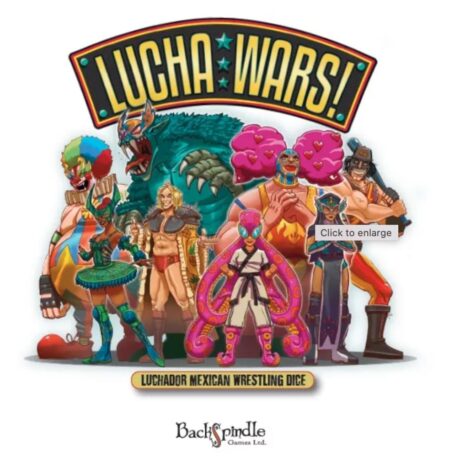
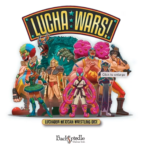



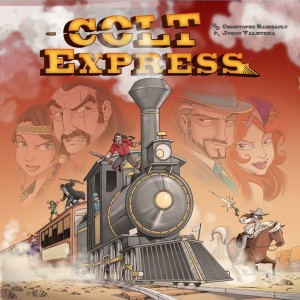
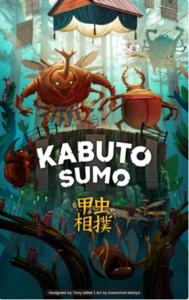
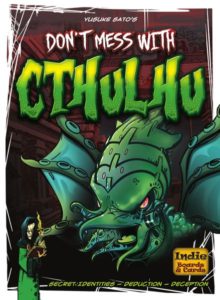
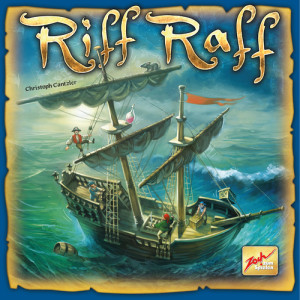
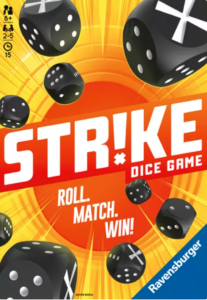
Sam says
If the rules are a little unclear on edge cases (do all re-rolls happen at the same time?) and the game is a bit woolly in it's construction (the wrestling standees are rarely relevant, and the ring needs building every time you play) there's enough of a framework to have fun with - a lot of fun, if you like the dice-chucking randomness and feisty spirit of Lucha Wars. Wrestling fans especially may enjoy the chaotic but very combative nature of the game, which suggests to me ongoing battles, long-running feuds and championship seasons over a series of plays might add even more to the mix.